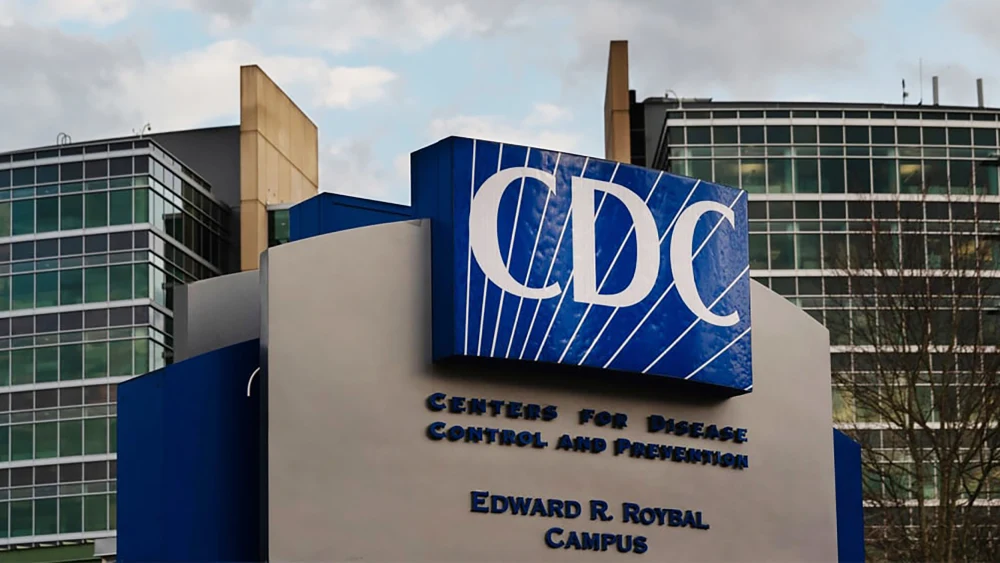The Pan American Health Organization has issued an epidemiological alert as Latin America experiences a rise in cases of the Oropouche virus, a little-known disease spread by midges and mosquitoes.
The alert came Friday after the PAHO, which is the main international health agency for the Americas, reported the first deaths associated with the virus — including fetal deaths associated with “possible instances of vertical transmission,” in which a virus is transmitted mother-to-child during pregnancy.
At least 8,078 confirmed Oropouche cases, including two fatal cases, have been reported in the Americas. The cases are concentrated in Bolivia, Colombia, Cuba, Peru and Brazil — the country with the most confirmed cases and where the two deaths were reported.
Two young women in Brazil, ages 21 and 24, are believed to have died because of the virus. According to PAHO, they both died a few days after having first experienced sudden symptoms such as fever, muscle aches, pain behind the eye sockets, headaches and vomiting, among other symptoms. A third case is being investigated in Brazil as a possible third death from Oropouche.
At least 7,284 cases have been confirmed in Brazil, according to PAHO. That’s 90% of all confirmed Oropouche cases in the Americas and a significant jump from the 832 cases Brazil reported last year.
Among other fatal cases still under investigation in Brazil are one case of fetal death, one miscarriage and four cases of newborns with microcephaly, a birth defect in which a baby’s head is smaller than expected. Microcephaly is also associated with the Zika virus, another mosquito-borne disease.
A mother in Brazil who experienced symptoms consistent with Oropouche sought medical attention on June 6 after she noticed lack of fetal mobility, PAHO said. Oropouche genetic material in umbilical cord blood and organ tissue was detected after the fetal death was confirmed. A similar case was reported soon after, involving a mother who miscarried after having experienced bleeding symptoms related to the virus. Brazilian health officials who were conducting a study on four newborns with microcephaly found the babies already had antibodies against Oropouche virus.
Based on those cases, PAHO had issued a previous alert on July 17 “about possible cases of pregnant mother-to-child transmission of Oropouche virus,” according to the U.S. Centers for Disease Control and Prevention, which emphasized that it is still “not clear if infection with Oropouche virus was the cause of negative health outcomes for the fetuses.”
The CDC said it’s working with PAHO and other international partners to learn more about the potential risks of Oropouche during pregnancy.
There are no to vaccines or specific antiviral drugs to prevent or treat Oropouche infections. Treatment is focused on relieving patients’ symptoms, according to PAHO.
Oropouche virus symptoms are similar to those of dengue, according to the CDC. They include headaches, fever, muscle aches, stiff joints, nausea, vomiting, chills and sensitivity to light. In severe cases, the virus can also cause the tissues surrounding the brain and the spinal cord to swell.
In certain patients, symptoms may also include rash, vomiting and bleeding — typically in the form of nosebleeds, bleeding gums or blood speckles under the skin, according to PAHO.
Symptoms typically start four to eight days after a person is bitten. Even though symptoms tend to last three to six days, the infection can last up to three weeks.




